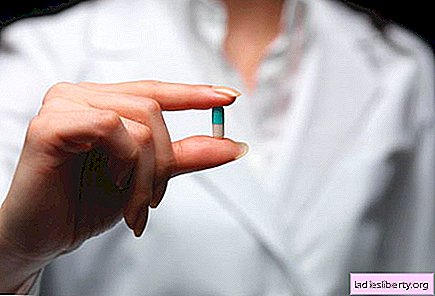
A new study may convince some women to decide on the short-term use of hormones to relieve hot flashes and other symptoms of menopause. Starting treatment with small doses at the beginning of menopause, women began to feel better, and during the four-year study, they did not notice an increased risk of heart disease.
This is the first recent study in many years that sheds light on such sometimes conflicting opinions about the effects of hormonal drugs on a woman’s health. The main goal of the study is to track whether hormones affect hardening of the arteries, which precedes heart disease.
Four years later, doctors discovered:
- The reception of hormones does not affect blood pressure and arteries.
- Both types of estrogen (estrogen and progesterone) reduce hot flashes, increase bone density, improve mood and sexual health.
- Estrogen pills increase the level of "good" and lower the level of "bad" cholesterol, but also increase the content of triglycerides (a type of fat) in the blood.
- An estrogen patch does not affect cholesterol, but regulates blood sugar and increases insulin sensitivity, which may make them the best choice for women who are overweight and at risk of developing diabetes.
Patch and tablets act differently. Oral estrogens enter the liver directly, which increases their concentration in the blood. This increases the coagulation factor, which can be especially harmful to smokers. But higher estrogen levels also cause the liver to produce more high density alpha lipoproteins, or “good” cholesterol. So estrogen can have good and bad consequences depending on the form.
The advice remains the same: use hormones only for severe symptoms - not to prevent bone loss or aging-related problems - in small doses and for the shortest possible time.











